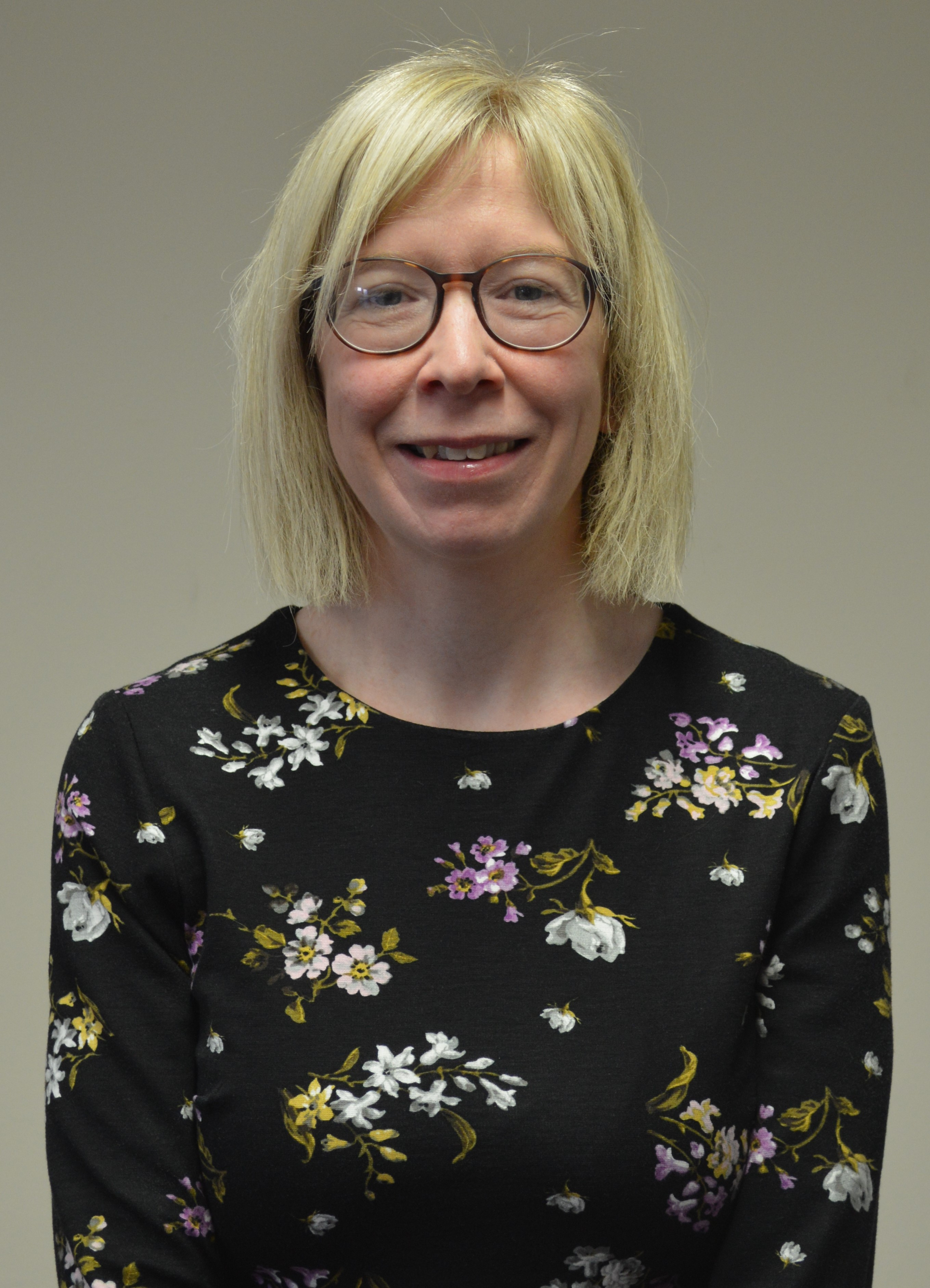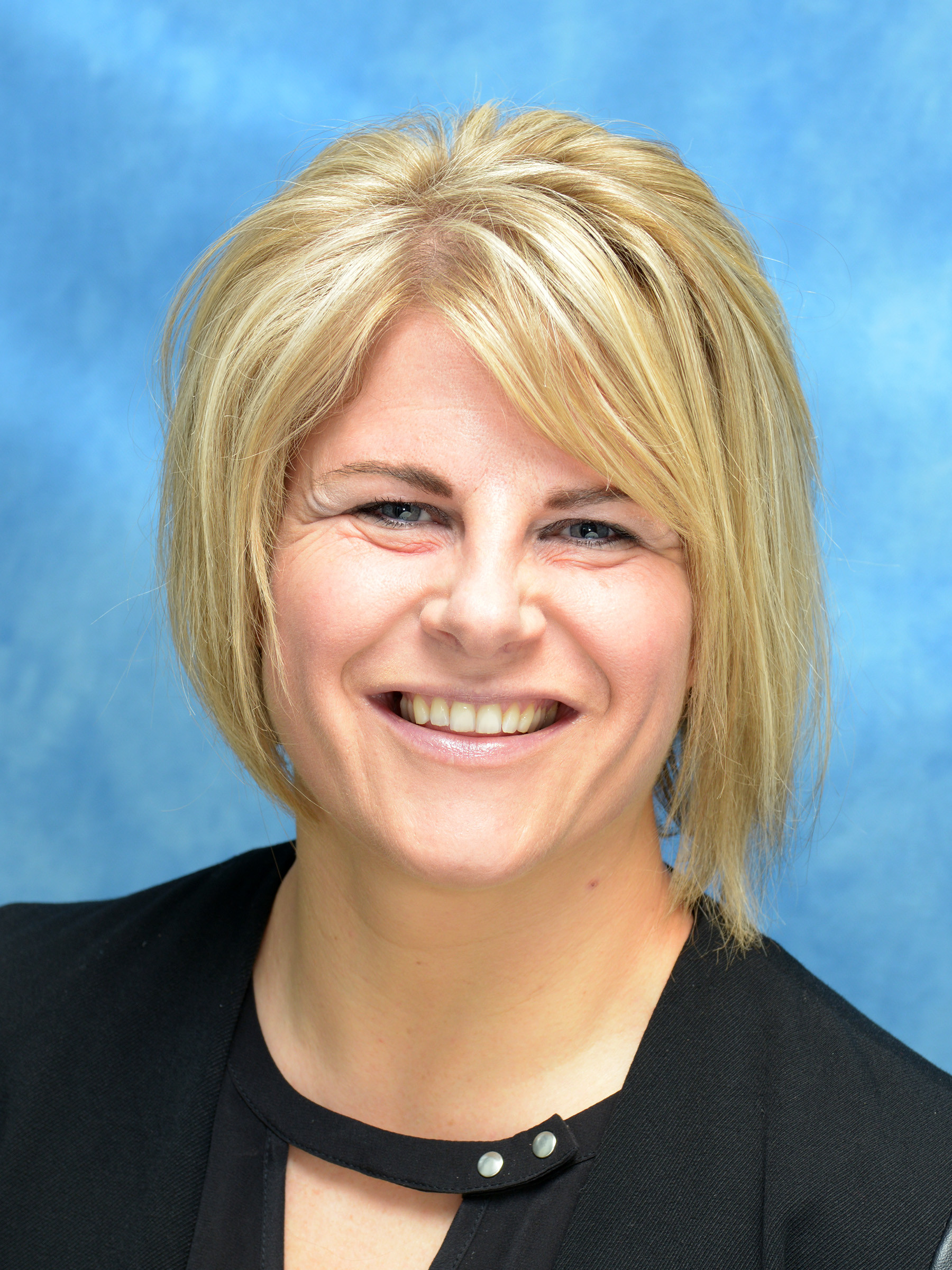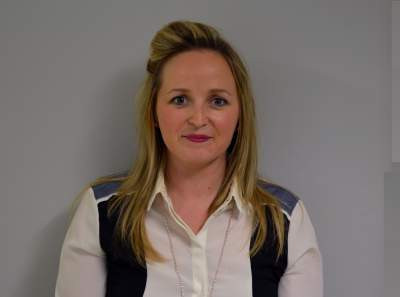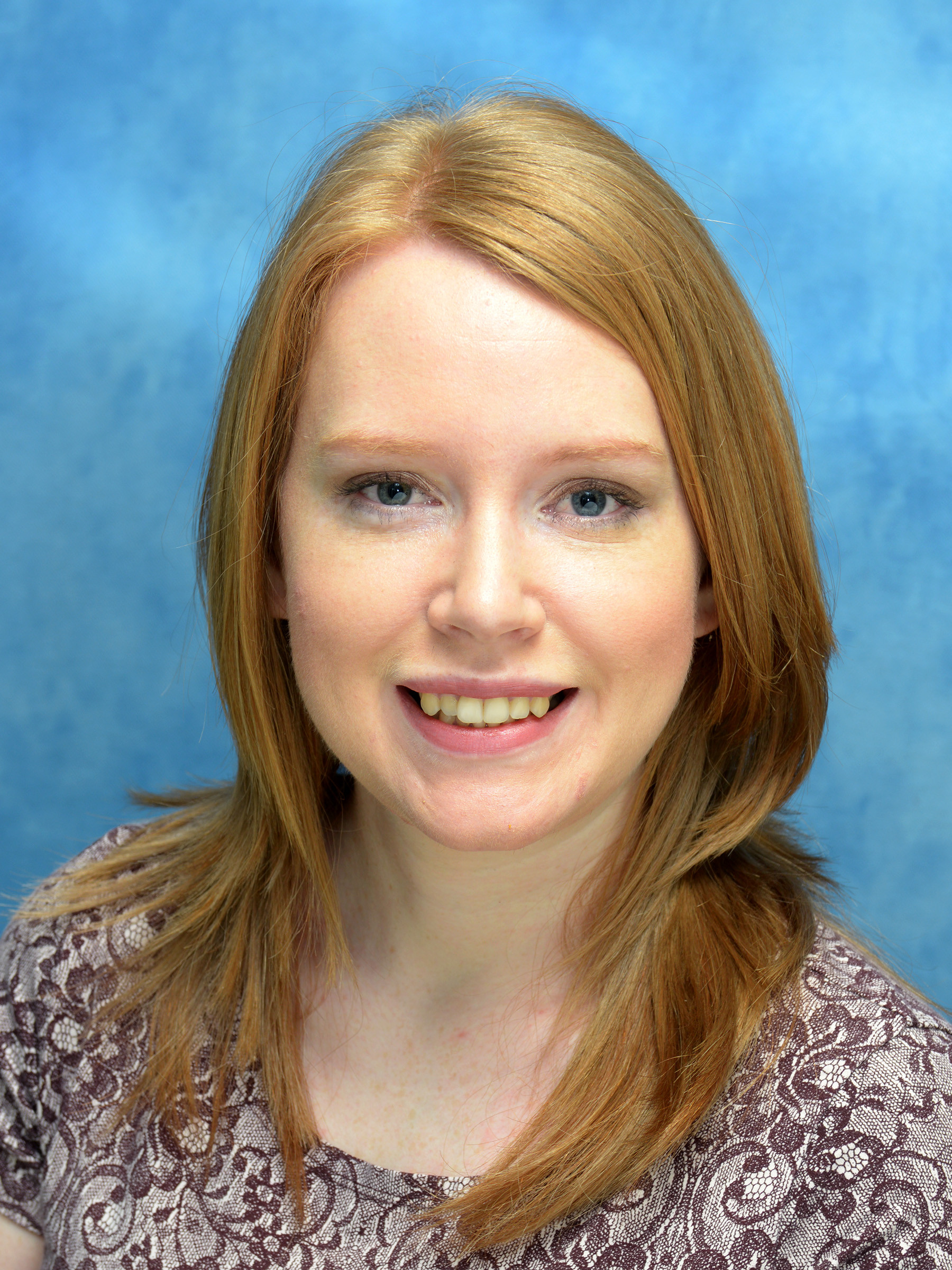Package summary
Start Date
End Date
Courses
- Autism and Personal Care
- Building and maintaining effective relationships between home, school, further education placement.
- Autism and Emotional Regulation
- Autism and Anxiety: Developing Fear Ladders
- Sensory Activity Schedules
- Relationships and Sexuality Education for Autistic Students
- Autism and Transition into Primary School
- An Introduction to Gestalt Language Processing
- Autism and Transition into Post Primary School
Notes
Courses in package
Autism and Personal Care
Event summary
Date
Start Time
End Time
Webinar Online,
Booking closes
Personal Care
Some autistic children and young people are reluctant to engage in personal care activities due to increased anxiety. This anxiety can be caused by several factors including heightened sensitivity to the sensory input involved in the tasks, uncertainty of what is expected and difficulties in planning and sequencing the activities.
This training presentation will examine a range of personal care tasks, including
• hair washing,
• showering and
• teeth brushing.
Factors which can cause anxiety around these activities will be explained.
Suggestions will be made for accommodations and strategies to support the child or young person in engaging in these self-care tasks.
Notes
Location
Webinar Online
Get Directions
Jill McCanney
Building and maintaining effective relationships between home, school, further education placement.
Event summary
Date
Start Time
End Time
Webinar Online,
Booking closes
Building and maintaining effective relationships between home, school, and further education placements.
This training will provide participants with information on how to effectively foster and maintain effective relationships to benefit the autistic child or young person.
Real life examples will be used to demonstrate how both the knowledge and experience of both the professional and parent can be used to develop positive relationships, ensuring progress for the autistic child or young person. Claire will draw on her professional and parental experience and highlight strategies to help further develop these key relationships.
Expected Outcomes:
By the end of this training, participants will:
• Be empowered to channel their knowledge and skills to develop effective relationships with professionals.
• Develop their expertise by accessing a range of examples which illustrate how specific areas of concern were addressed and outcomes celebrated.
• Make use of new strategies and ideas to both foster and maintain these effective relationships.
Notes
Location
Webinar Online
Get Directions
Claire Smyton
Autism and Emotional Regulation
Event summary
Date
Start Time
End Time
Webinar Online,
Booking closes
Autism and Emotional Regulation
For many autistic children, regulating their emotions can be challenging, sometimes anxiety, anger, tiredness, and confusion can be overwhelming resulting in emotional distress. We can support autistic children and young people by creating a supportive environment, however, we also need to support children to recognise and regulate their feelings. Helping children to become aware, label and express their emotions gives them the skills to manage alongside their peers.
This training is suitable for any adult working with or caring for an autistic child. It will help you teach a child how to
• Identify the emotion he or she is feeling
• Rate the intensity of emotions
• Support expression of feelings to a supporting adult
• How to support a child to engage in practical and proactive emotional regulation strategies
Notes
Location
Webinar Online
Get Directions
Edel Quinn
Edel's main specialisms are in early intervention and delivering training in the implementation of visual strategies and behaviour. Edel is a Certified TEACCH Trainer with Division TEACCH, North Carolina. Edel has developed and delivered anxiety trainings and anxiety research projects to parents and professionals across Ireland. She has delivered at Autism and Mental Health Conference, NAS and the Autism Congress. Edel is an associate lecturer on the Post Graduate Autism Certificate with Mary Immaculate College, Limerick. Edel is working towards accreditation with BACP as a Cognitive Behaviour Therapist.
Autism and Anxiety: Developing Fear Ladders
Event summary
Date
Start Time
End Time
Webinar Online,
Booking closes
Autism and Anxiety – Developing Fear Ladders
Graded exposure is a technique commonly used in cognitive behaviour therapy for children who experience heightened distress and anxiety to certain situations or objects. Exposure techniques aim to reduce anxiety symptoms and behaviour, which occurs in response to these situations and or objects by repeatedly and consistently demonstrating to the child his or her ability to cope. Graduated exposure is a process of slowing and methodically exposing the child to these experiences incorporating relaxation techniques. This process helps the child to realise he or she can cope with these situations or objects.
This training will explain the concept of gradual exposure and teach how to develop fear ladders and associated strategies that may be used to help the child with his or her fears. Fear ladders encourage children and young people to recognise and manage their fears rather than avoid them. With this strategy, exposure to what the child or young person finds fearful is approached in a step-by-step manner with consideration always given to the child or young person’s level of anxiety
This training will help
• Gain an increased understanding of the concept of gradual exposure
• To understand the steps involved in developing a fear ladder
• Provide ideas for fear ladders based on common fears in autism
• Provide templates which can be used to implement an individualised fear ladder
• Incorporate relaxation techniques within graded exposure process
Notes
Location
Webinar Online
Get Directions
Edel Quinn
Edel's main specialisms are in early intervention and delivering training in the implementation of visual strategies and behaviour. Edel is a Certified TEACCH Trainer with Division TEACCH, North Carolina. Edel has developed and delivered anxiety trainings and anxiety research projects to parents and professionals across Ireland. She has delivered at Autism and Mental Health Conference, NAS and the Autism Congress. Edel is an associate lecturer on the Post Graduate Autism Certificate with Mary Immaculate College, Limerick. Edel is working towards accreditation with BACP as a Cognitive Behaviour Therapist.
Sensory Activity Schedules
Event summary
Date
Start Time
End Time
Webinar Online,
Booking closes
Sensory Activity Schedules
Many autistic children and young people perceive and process sensory input in different ways, and this can lead to dysregulation, affecting attention, engagement, and emotional state. Sensory activity schedules provide sensory breaks, supporting the child or young person to regulate so that he or she is in the optimal state for learning, interaction, and participation in daily activities.
This training presentation explores the
• what,
• when and
• where
of sensory activity schedules, offering suggestions on the types of activities to be included, the frequency and duration of sensory breaks and where they can be carried out.
Ideas will be given for resources and activities can calm or alert children and young people, depending on individual sensory needs. Home and school contexts will be considered
Notes
Location
Webinar Online
Get Directions
Jill McCanney
Relationships and Sexuality Education for Autistic Students
Event summary
Date
Start Time
End Time
Webinar Online,
Booking closes
Autism, Relationships and Sexuality Education
This session will examine the impact of adolescence on autistic young people. Participants will be shown how to incorporate behavioural interventions with visual strategies to help autistic teenagers cope with some of the typical issues of adolescence. The training will provide practical strategies that educational professionals may use to support teenagers. It will also focus on the delivery of sex and relationships education.
Expected Outcomes
Participants will:
• Understand the impact of adolescence on autistic young people.
• Learn some strategies involving behavioural and visual strategies that will provide supports to adolescents
• Provide strategies for the delivery of sex and relationships education to autistic young people.
Course Overview
• Adolescence and autism how - does adolescence impact on autistic young people.
• How to prepare students for physical changes.
• Some strategies for developing sex and relationships education.
Notes
Location
Webinar Online
Get Directions
Dr Jo Fitzsimons
Her previous appointments have included Deputy Head of School and curriculum management roles.
Jo has also been involved in a wide range of International and European research projects and conferences over the past 17 years offering training, support and advice on various aspects of SEND practice.
Her specialist interests include sensory learning, autism and supporting children and young people with profound and multiple learning disabilities (PMLD).
Autism and Transition into Primary School
Event summary
Date
Start Time
End Time
Webinar Online,
Booking closes
Autism and Transition into Primary School
This session will examine why children experience difficulties when faced with a transition to Primary School and discuss how developing a greater understanding of transition, with practical approaches to support childrn on their journey through school , offers the child the chance of future academic and social success.
Within this session, the importance and design of a planned transition programme will be examined along with ideas and suggestions as to how to best prepare not only the education setting but also the parents and child.
Participants will:
Understand why transitions are difficult for autistic students
Understand that it is critical to plan and have a strategy around key transitions in the child’s day
Develop simple transition plans and supports around key areas.
Gain an understanding of available support during transition.
Gain knowledge of personalised support to children.
Notes
Location
Webinar Online
Get Directions
Frances O'Neill
An Introduction to Gestalt Language Processing
Event summary
Date
Start Time
End Time
Webinar Online,
Booking closes
An Introduction to Gestalt Language Processing
Gestalt language processing is one of two ways to process and develop language.
Analytical language processing is often thought of as the usual way develop language, using words first, then building these in to sentences.
Children who use gestalt language development process language in whole “chunks” or “strings of sounds” instead of processing single words in the early stages of language development. These “chucks” are often called echolalia and are in essential part of language development for gestalt language processors.
Almost all autistic children are gestalt language processors.
In this webinar, we will explore
- Analytical versus gestalt language development
- Language development in autism, including non-speaking children.
- Supportive strategies for gestalt language processors
- Considerations for AAC
Notes
Location
Webinar Online
Get Directions
Eleanor McStay
Eleanor holds a Post Graduate Diploma in Sensory Integration and is an Advanced Sensory Integration Practitioner.
She has worked closely with parents, teachers and health professionals to support the implementation of communication, sensory and emotional regulation supports across home and school environments.
Autism and Transition into Post Primary School
Event summary
Date
Start Time
End Time
Webinar Online,
Booking closes
Autism and Transition into Post Primary School
This session will examine why students experience difficulties when faced with a transition into Post Primary School and discuss how developing a greater understanding of transition, with practical approaches to support students on their journey through school and beyond, offers young person the chance of future academic and social success.
Within this session, the importance and design of a planned transition programme will be examined along with ideas and suggestions as to how to best prepare not only the education setting but also the parents and student.
Participants will:
Understand why transitions are difficult for autistic students
Understand that it is critical to plan and have a strategy around key transitions in the young person's day
Develop simple transition plans and supports around key areas.
Gain an understanding of available support during transition.
Gain knowledge of personalised support for the young people.
Learn how to cope with emotional distress caused by transition, such as stress and anxiety.
Notes
Location
Webinar Online
Get Directions
